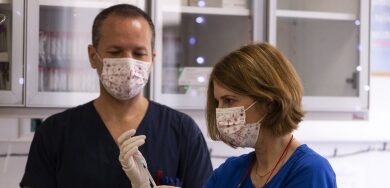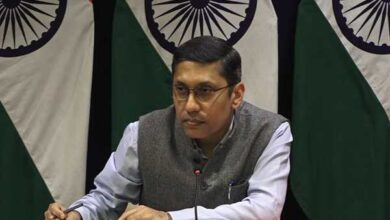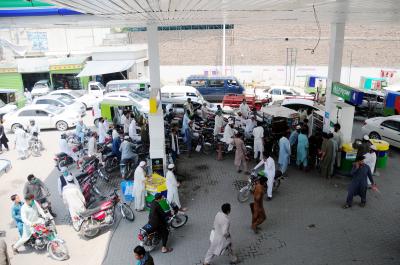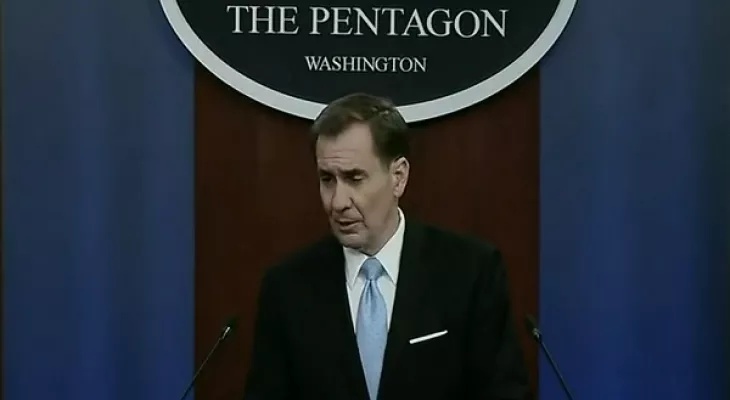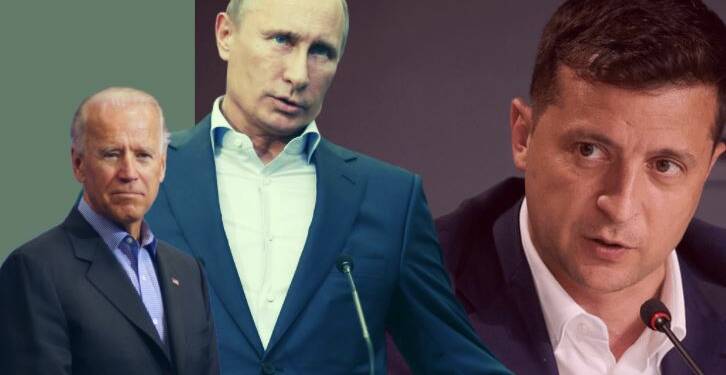Ethnic Groups’ Role In Liberating Bangladesh Long-Overlooked

Dhaka, March 26: As Bangladesh celebrates its 51st Independence Day there were several indigenous groups who fought alongside the ‘Bangali’ freedom fighters but have always been overlooked. Though the government gave Bir Bikram gallantry award to UK Ching Marma, an indigenous freedom fighter from the Marma group of Khagrachhari of Chittagong Hill tracts.
However, he was not the lone freedom fighter from the region. According to Dhaka Tribune, a significant number of Marma people in the EPR fought in the war from different corners of the country. Among them were Mong King Mong Pru Sein of Manikchari upazila of Khagrachhari, Kokandashka Roy, uncle of Chakma king Tridiv Roy and Manabendra Larma. About 20-22 government officials from indigenous communities, including Bimalendu Dewan, Ananda Banshi Chakma and Kripasukh Chakma, crossed over to India and joined the war after receiving training, Dhaka Tribune said.
Around 1,500 people from Garo, Hajong and Konch communities participated in the war in the greater Mymensingh area. On March 28, 1971, indigenous people from Mithapukur, Ranipukur, Shampukur, Taraganj and other areas of Rangpur gathered with sticks, axes, spears and indigenous weapons to confront the invading forces. In the Northeast, over 600 indigenous people were killed and about 150 were injured and tortured in Moulvibazar, Sylhet, Sunamganj and Habiganj during the war. Prominent personalities like Nilmoni Chatterjee, Nandeshwar Singh and Vijay Singh encouraged refugees to unite and fight. According to the Bangladeshi newspaper, Kakon Bidi of Khasi group, another indigenous freedom fighter who was tortured and raped by the Pakistani army for months, also joined the Liberation war. UNI


